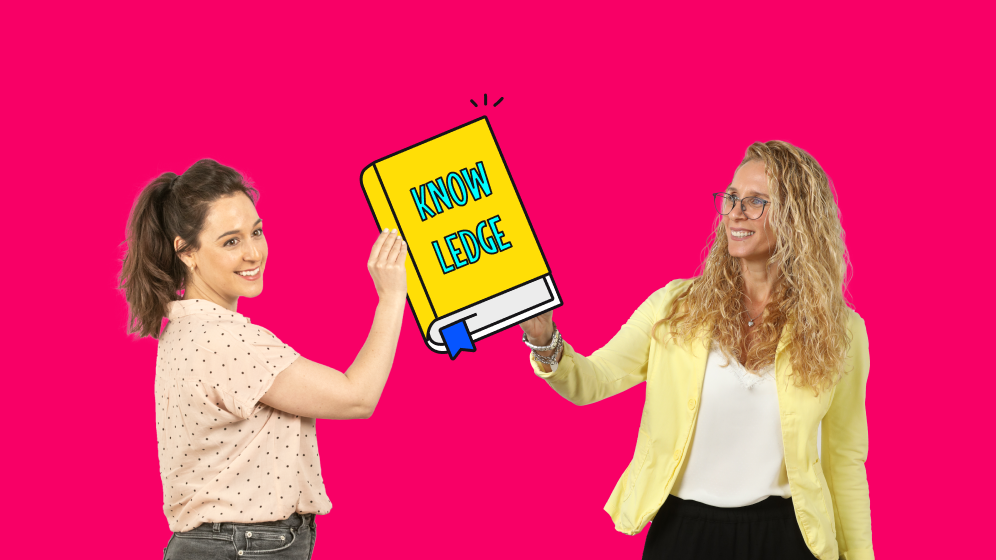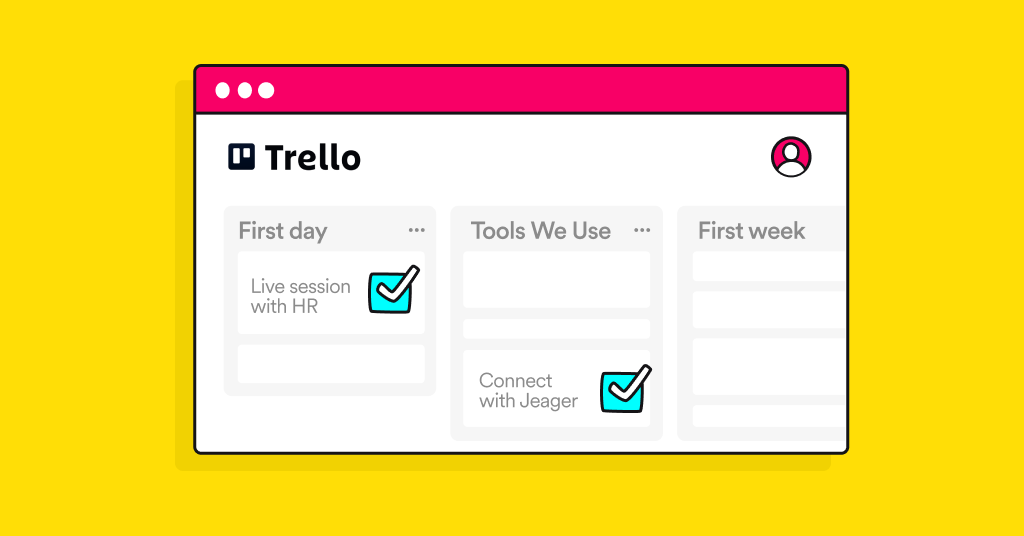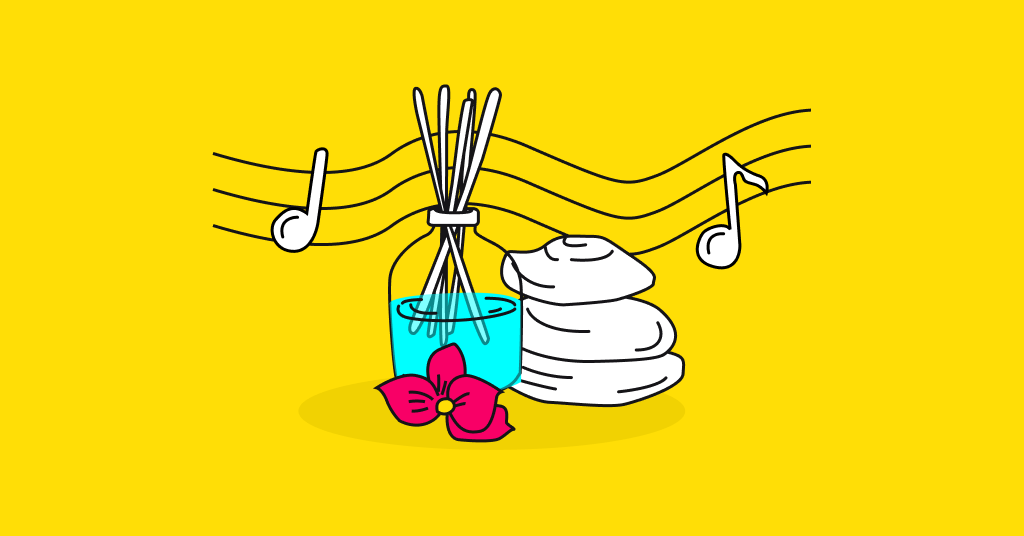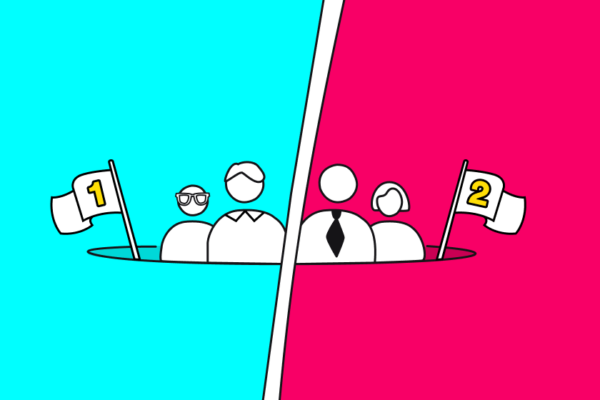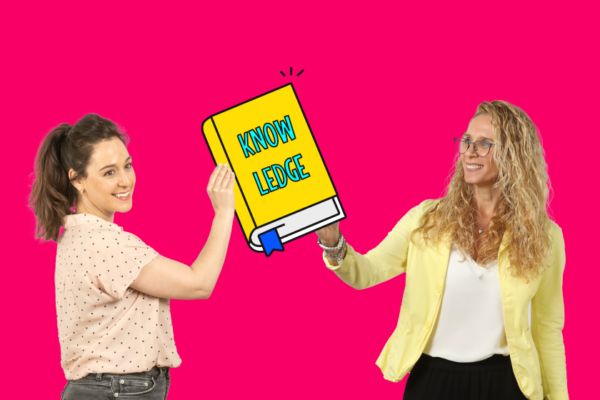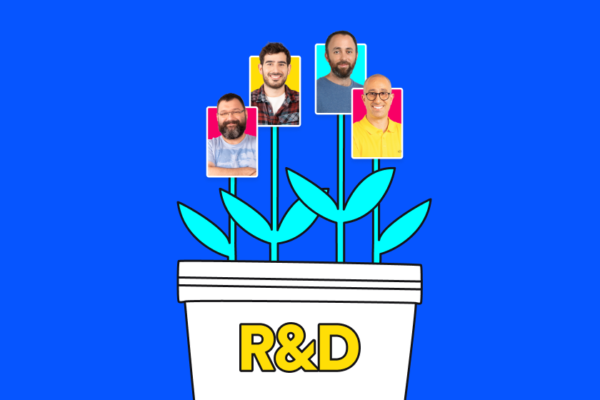Knowledge sharing is very important for the culture we cultivated around Lusha’s engineering squads.
- It plays an important part in new employees’ onboarding process
- It improves employees’ technical knowledge and keeps them up to date
- It helps us build and push our R&D internal brand ‘Lusha Engineering’
- It makes engineers happy to participate in our knowledge sharing ceremonies like Zen Meeting (see more about that below)
Let’s look at some ways Lusha actively engages its developer community to share the knowledge it collects:
Code Reviews
Code reviews are an essential part of the coding process at Lusha. A developer can not push code into a staging/production environment without opening a pull request asking for code review beforehand.
Inspecting the code together allows us to learn from each other, explain our reasoning and logic for the code and design we chose, discuss performance and best practices, and overall generate an environment of co-learning. This is an important aspect of every developer’s work, not just juniors.
Pair Programming
Pair programming is a great strategy to learn and share knowledge. As a manager at Lusha, I proactively push my engineers to perform pair programming from time to time.
Sitting together and seeing how other engineers think, the tools they use when writing code, which part of the code they test and how, is vital for each developer’s growth and professional maturation. Brainstorming about the code eliminates a lot of blind spots which an engineer working on the code will likely not see. In doing so, it ensures the final product is simple and readable.
Lusha Buddy
A buddy is someone who partners with a new employee during his/her first month of employment. While primarily responsible for offering advice and guidance about the day-to-day aspects of working at Lusha, the buddy may also offer encouragement and resources.
The purpose of new employees being assigned a buddy is to help welcome employees. It provides new employees with a reliable, motivated, single point-of-contact for their basic questions regarding their work experience at Lusha. It also helps establish orientation as a process, rather than a single learning event.
Lusha’s new employees onboarding Trello board:
Lusha Zen Meeting
These hour-long bi-weekly sessions are meant to give our developers the floor to share experiences collected from their daily work, such as building a new feature or fixing a bug. Making these sessions part of our engineering routine makes the learning process fast and effective. No need for time-consuming presentations, large-scale meetings, etc. to generate knowledge sharing.
Internal Social Tool
At Lusha we’re bog on Slack.
Slack is Lusha’s main communication tool. It offers private communication alongside group communication. Having all communication, even the short-form communication traditionally seen in intra-organizational tools, collected and stored in one place is extremely important for our internal documentation. Our developers, team leaders and higher management can drop into Slack at any time and check what was deliberated, what decisions were made, and engage coworkers on any relevant topic.
Using Slack we’ve created private groups for product support, technical alerts/monitoring, production incidents, management forums, and more.
How to Encourage Knowledge Sharing in Your Engineering Culture?
Presuring teams or people to share won’t yield results over time. A better approach is to encourage them to share when they are good and ready and feel they have something valuable to say.
Making knowledge sharing and documentation part of your company culture is the best inspiration workers can get. But how do you make it part of your organizational culture?
I’ve Listed some ideas that worked for us:
Lead by Example
Don’t just talk about knowledge sharing, be proactive yourself. Participate in sharing sessions or create one, write blog posts, become a new employee buddy, show your team members why it’s essential for them to take part in it.
Make it Fun and Simple
Writing documentation is boring, and preparing for a presentation is a lot of work, some people are shy to participate in a sharing session. Try to make it fun and simple.
In Lusha before each Zen meeting, we have a random person who is responsible for 5-10 minutes of mingling and jokes before we start the meeting.
Show Appreciation
There are a couple of ways to show appreciation. You can give a bonus of course but it is not the only way.
For example, you can give positive feedback on the 1 on 1 and quarterly employee meetings, you can help a person to be a public meetup/convention speaker, give him English lessons, a mentor who will help him build a professional presentation, show appreciation on company happy hours.
I hope this sheds light on the many advantages of internal documentation and inspires you to encourage knowledge sharing in your teams.
